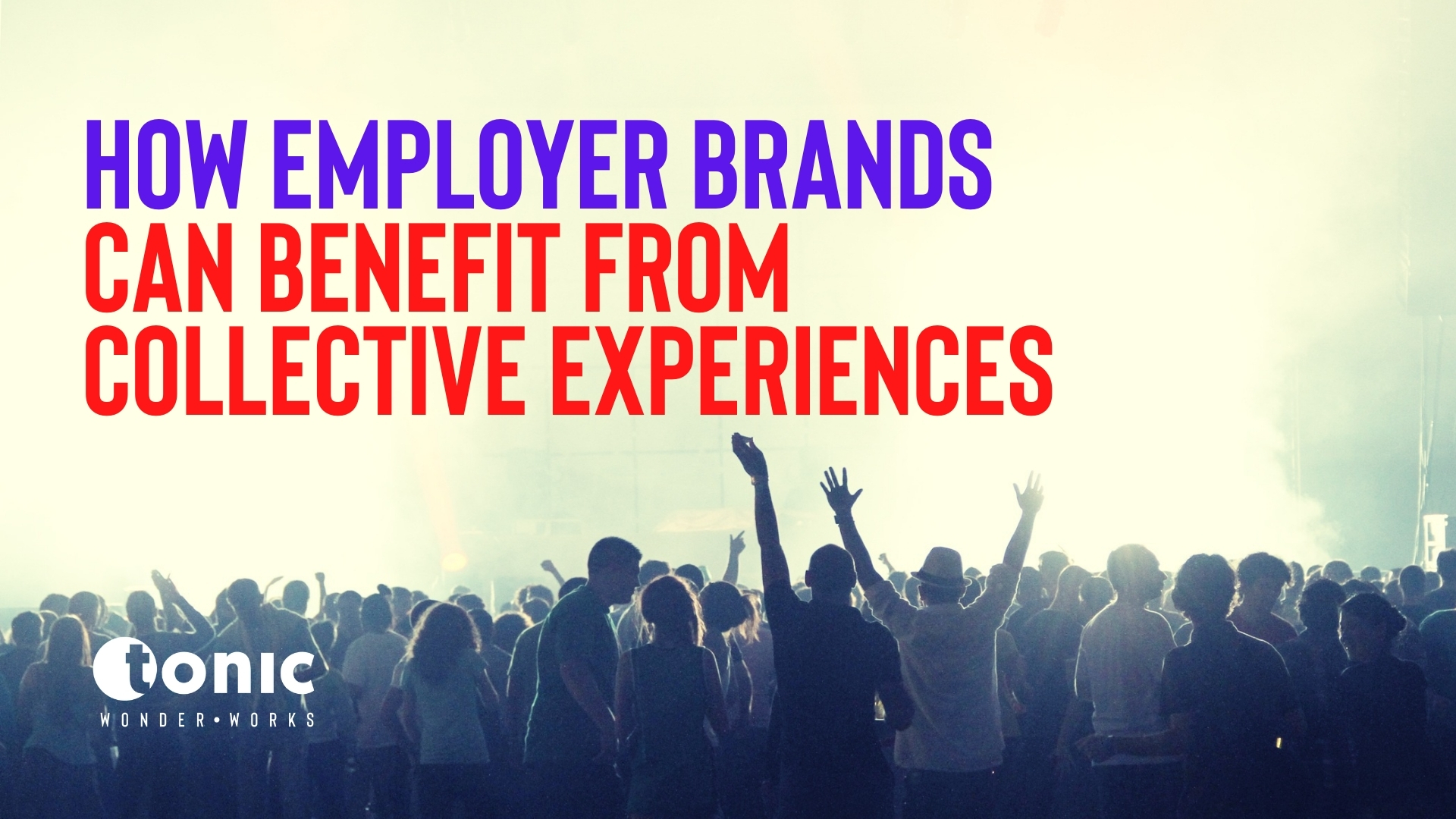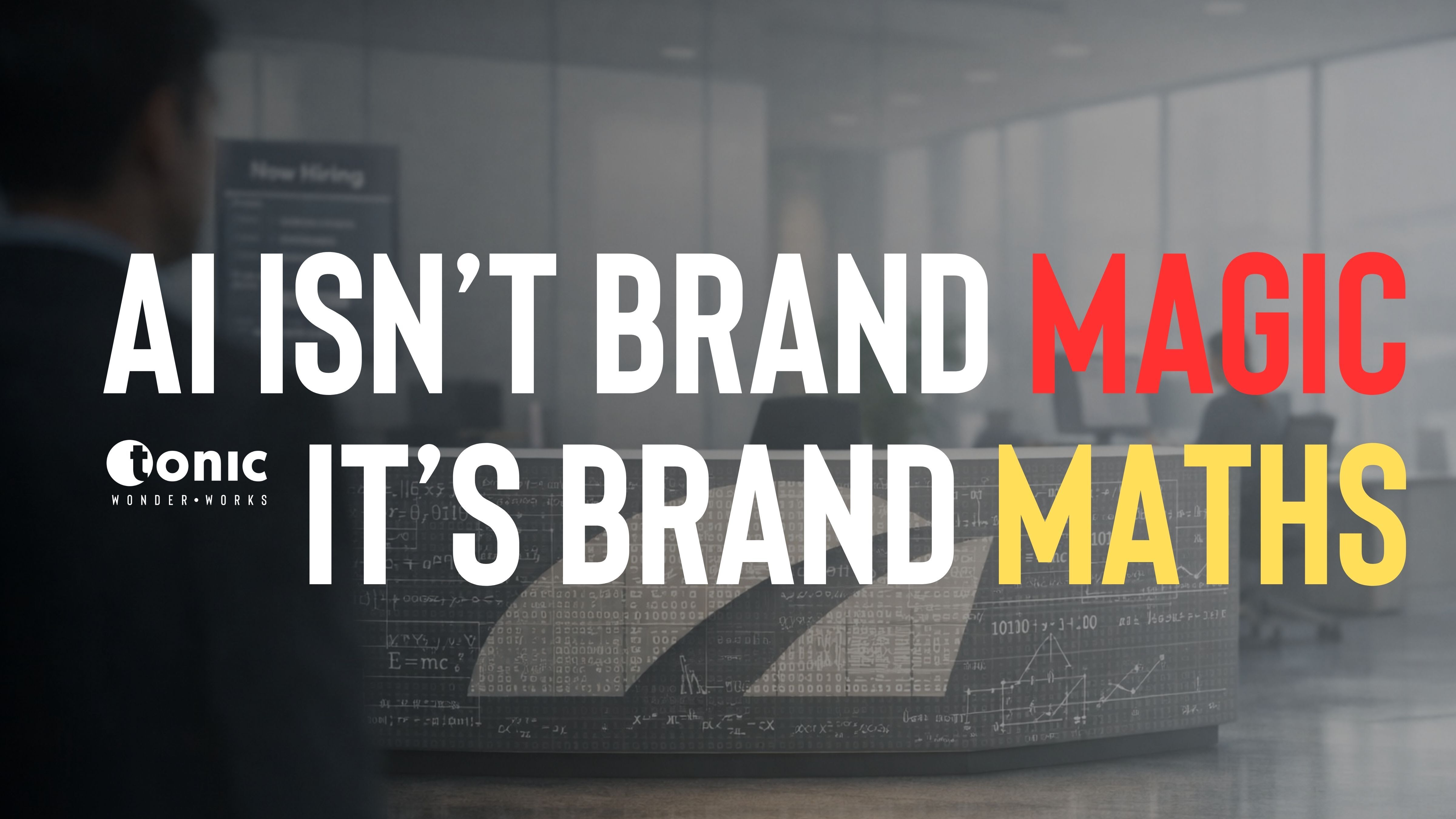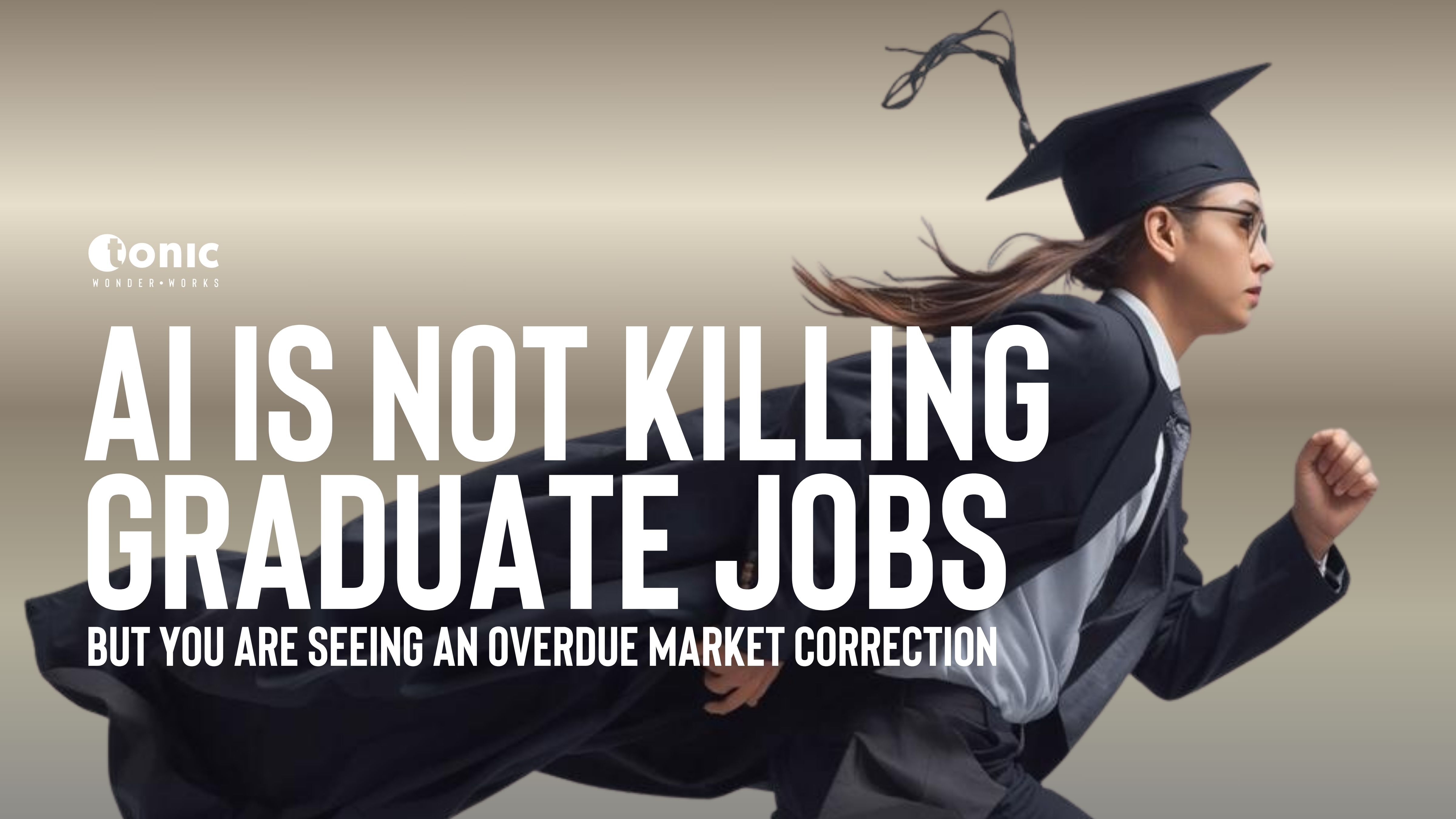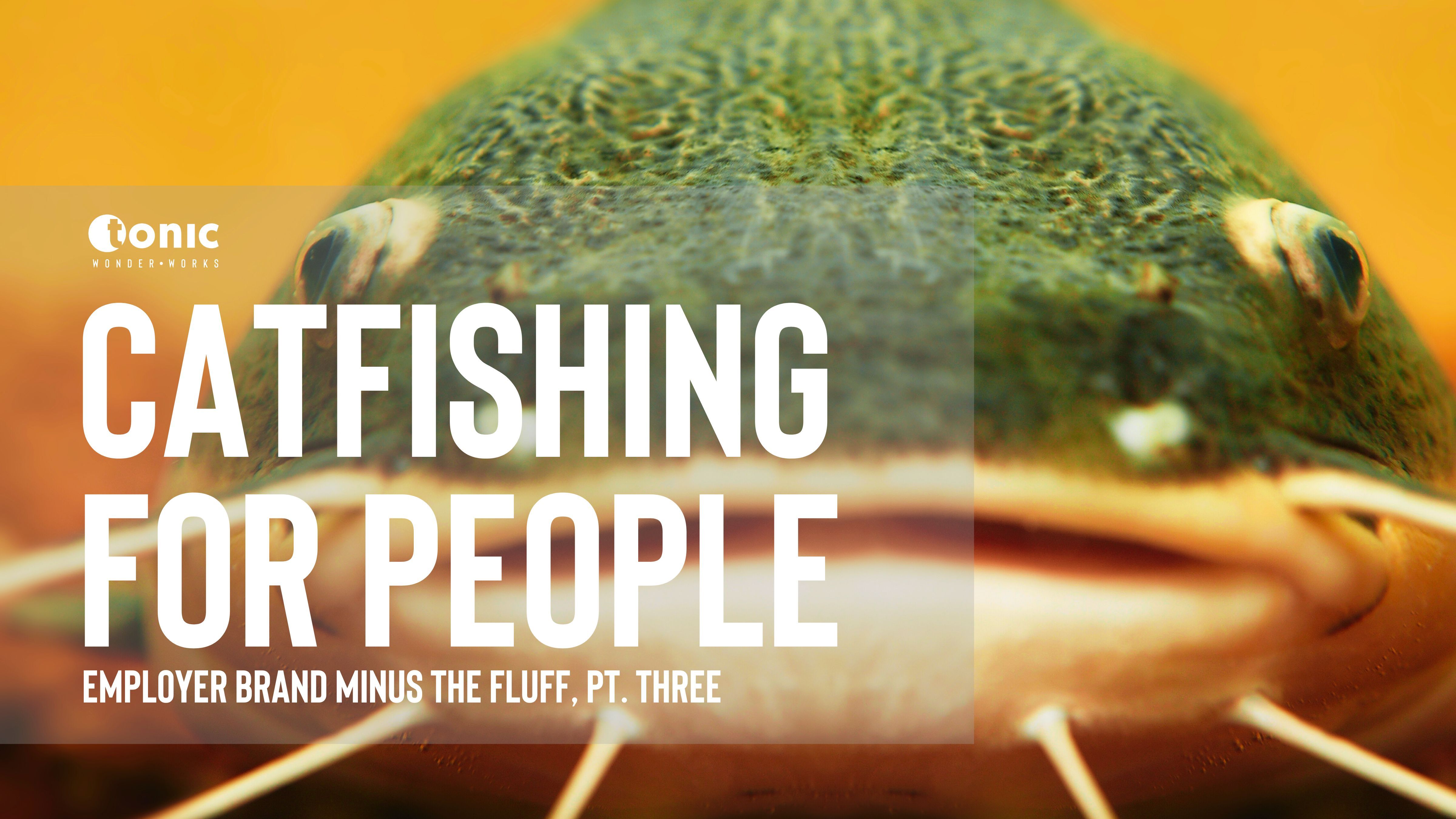In the first in a new series of blogs, we take a look at how the most widely shared, collective experience since the second world war is shaping how employer brands can remain relevant - and actively support recruitment & retention.
In a blog a few days ago I outlined the keynote I gave recently at the Resourcing Leaders Summit, and five of the trends that I suggested are important for driving the changes we see all around us. Trends underpinning the way that employer brands need to evolve if they are to remain relevant.
The first of these, Collective Experience, is a reflection of the upheaval of the last 18 months. The lockdowns, the ebb and flow of the pandemic, the cultural moments that defined 2020/21. The first time for a long time, perhaps since the end of the Second World War, that the population has had a shared focus.
These moments of shared experience, from the global (lockdowns, the Black Lives Matter movement, mask-wearing, vaccine), the national (weekly news conferences, furlough, Chris Whitty - clearly using the UK as an example), and the personal/cultural (baking sourdough, banana bread, the Tiger King), gave a sense of togetherness, a glimpse of a wider community, a sense of broader humanity that had not truly been apparent for quite some time.
Out of this, a sense of togetherness seems to be springing. A kinder, softer, collective way of thinking. A change in sentiment that has, for example, driven climate change higher in the agenda globally, has led to a collective desire to build back better, has re-set the appreciation we all have for the nurses, doctors, retailers, deliverers and others who simply kept us all going. An appreciation for friends, family and the people we took for granted.
For Talent Acquisition or Employer Brand specialists this is an important shift because it means a re-think about what to focus on in the next stage of the pandemic - hopefully as it recedes - as employer brands are activated in support of business growth.
To remain relevant - or to regain relevance if it’s been lost - brands have the opportunity to show that they understand the change that’s happened, and that they are working to be a part of the re-build. The brands that get this right, speaking boldly about their work, and adding value to the people they want to engage with will be perceived as more important than those who simply refuse to adapt.
This doesn’t mean becoming wishy-washy. It means strength of vision, alignment to the future and a commitment to adaptation. We think it means active brand management rather than ‘set it and forget it’ brand automation.
There are a couple of actions that we think will help assess what this means to you:
- Review what’s really important to the people that you need to hire or retain. What would make you relevant to them?
- Consider whether your existing EVP and brand really reflect your offer as it is now, rather than how it was pre-pandemic. What’s true now?
- If it isn’t, or if you don’t have an EVP(…), consider re-looking at what you have in place and re-working if needs be.
- Align your brand to the things that are important to the people you need to influence. Actively work towards brand relevance.
Get this right and your brand will stand out and truly cut through the wider marketing noise that we all compete with because you’ll be interesting, adding value and important to the people that matter.
We’ll be covering the four other trends that we’ve identified; Change defeating inertia; Competing tensions between Government, corporates and individuals; Building back better, and the Great Resignation soon. If you’d like thoughts on these in your inbox a few days before they hit the socials, it might be worth subscribing - which you can do below.





